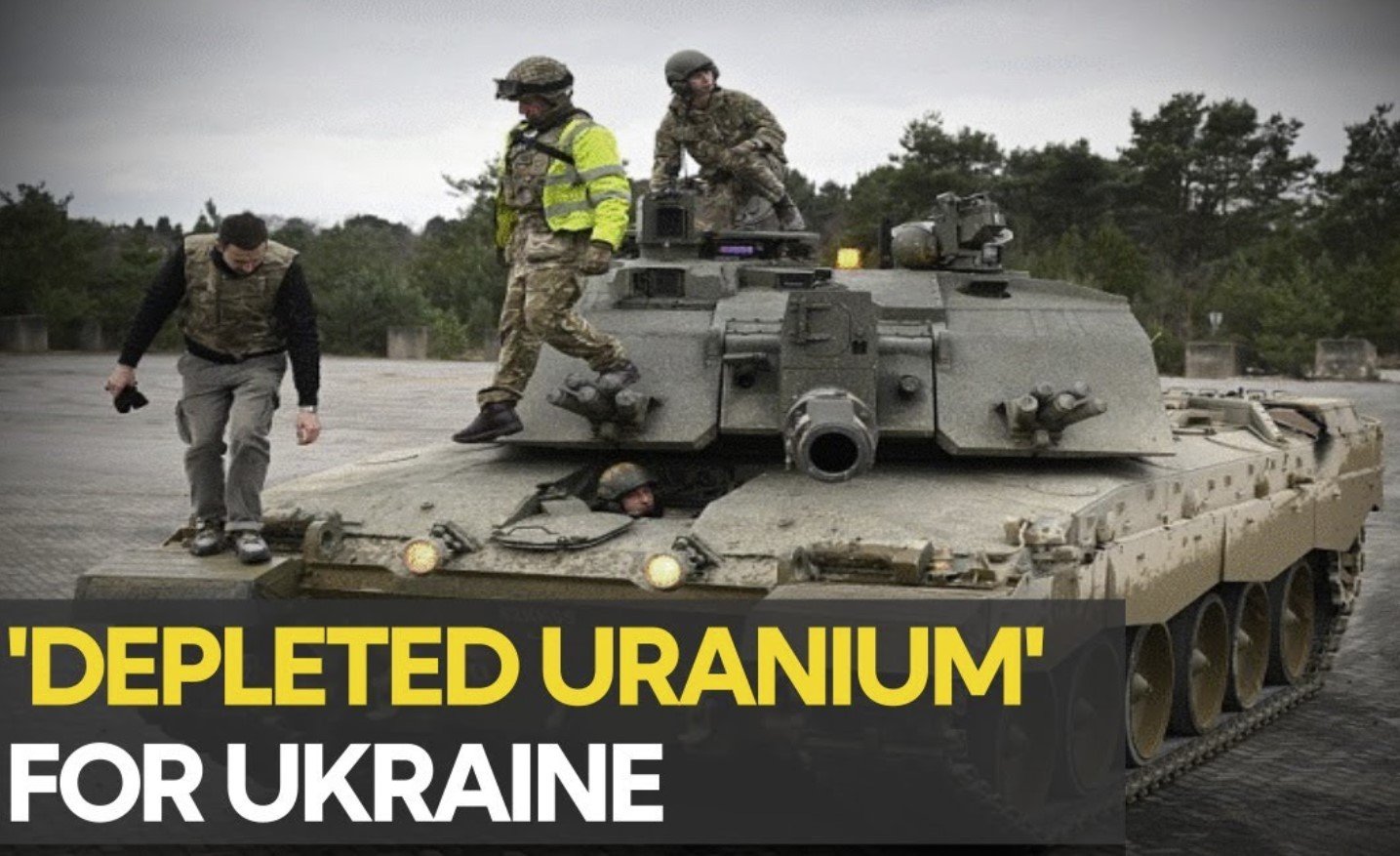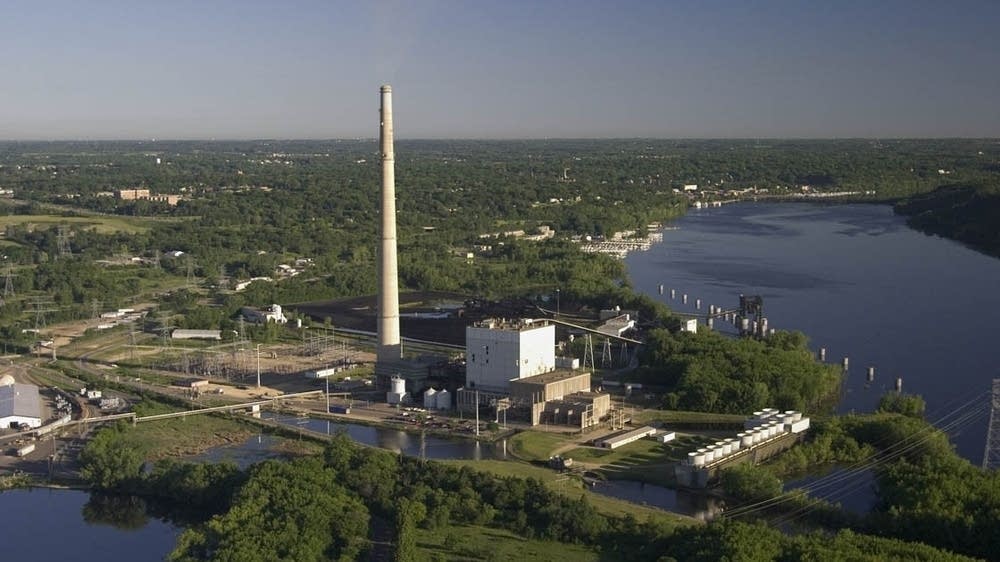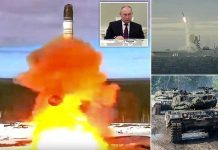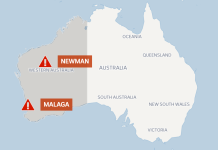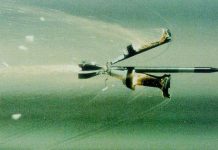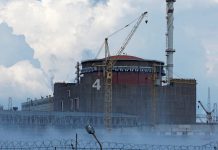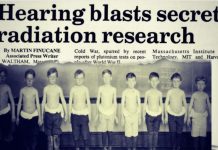The US has underestimated the risks to its nuclear safety as a single nuclear fuel fire could lead to fallout much greater than Fukushima.
Researches slammed the Nuclear Regulatory Commission for ignoring the potential danger.
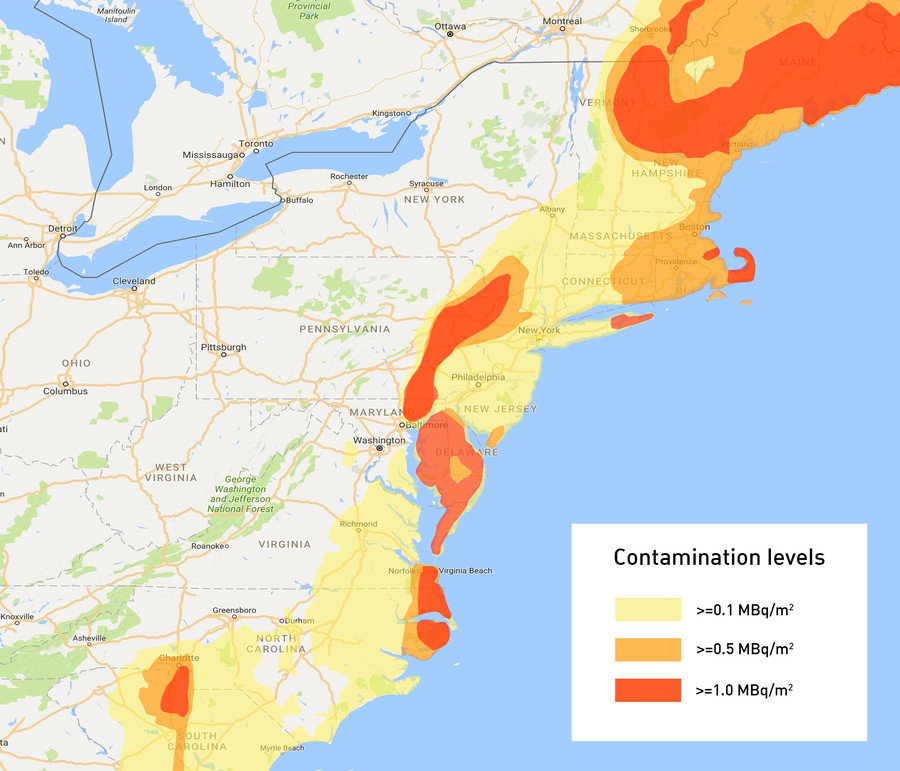
If spent fuel at one of the dozens of US nuclear sites sets alight, it could dwarf the horrific consequences of the Fukushima accident report researchers from Princeton University and the Union of Concerned Scientists in Science magazine.
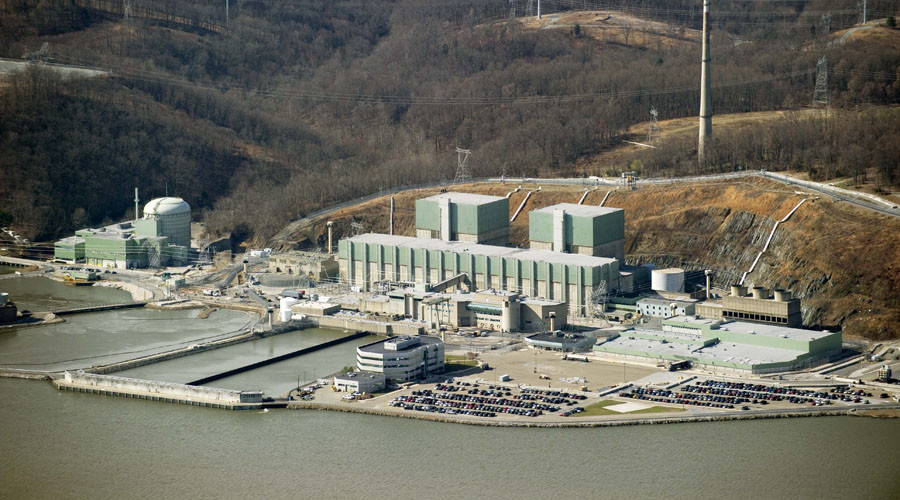
The disaster would lead to trillion-dollar consequences, as the hypothetical fire would result in contamination of an area larger than New Jersey and force mass relocations.
Here the summary of the study: The March 2011 Fukushima Daiichi nuclear accident prompted regulators around the world to take a hard look at their requirements for protecting nuclear plants against severe accidents. In the United States, the Nuclear Regulatory Commission (NRC) ordered a “top-to-bottom” review of its regulations, and ultimately approved a number of safety upgrades. It rejected other risk-reduction measures, however, using a screening process that did not adequately account for impacts of large-scale land contamination events. Among rejected options was a measure to end dense packing of 90 spent fuel pools, which we consider critical for avoiding a potential catastrophe much greater than Fukushima. Unless the NRC improves its approach to assessing risks and benefits of safety improvements—by using more realistic parameters in its quantitative assessments and also taking into account societal impacts—the United States will remain needlessly vulnerable to such disasters.




